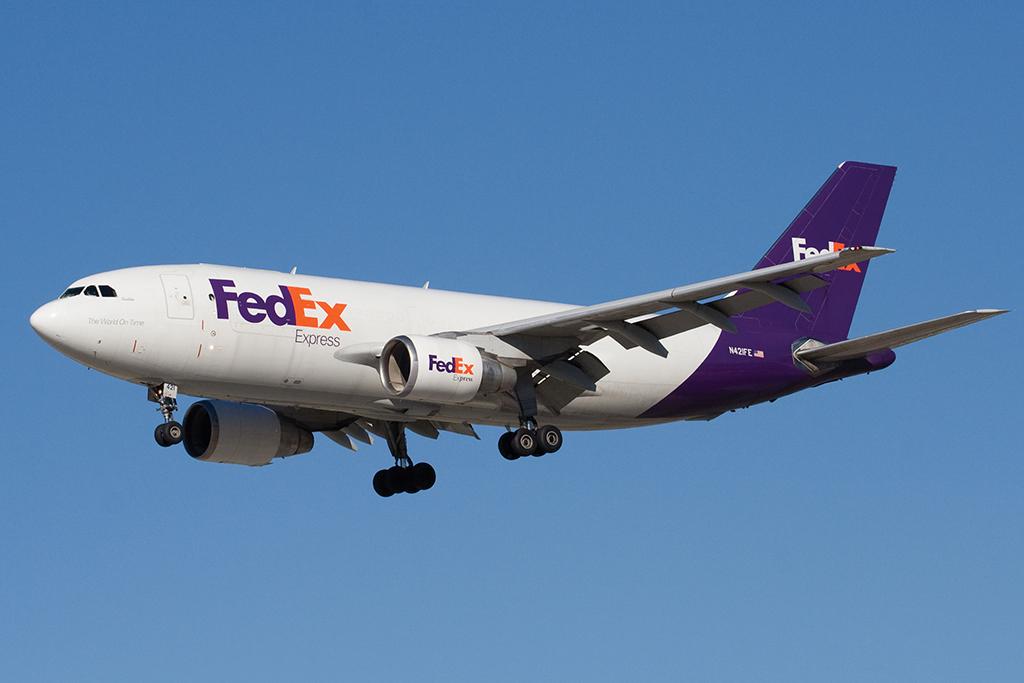
AltAir Fuels
AltAir signed the first-ever multiyear biofuel supply contract with a commercial carrier, United Airlines, and began delivering fuel for scheduled flights at Los Angeles International Airport (LAX) in May 2016. The company has a biorefinery in Paramount, California, that uses Honeywell UOP’s process to produce HEFA (hydrogenated esters and fatty acid) synthetic paraffinic kerosene (SPK) from tallow.
Biofuel: HEFA-SPK
Customers: United Airlines — 5 million gal. per year over three years at LAX
KLM — for flights from LAX
Gulfstream — for test and demonstration

Fulcrum BioEnergy
Cathay Pacific Airways, United Airlines and energy company BP are strategic investors in Fulcrum, which will produce biofuels from municipal solid waste using gasification and the Fischer-Tropsch (F-T) process. Fulcrum’s first biorefinery, in Nevada, is planned to begin operations in 2018. Further facilities are under development in Chicago, Denver, Houston, Los Angeles, San Francisco, Seattle and New Jersey.
Biofuel: F-T SPK
Customers: Cathay Pacific — 375 million gal. over 10 years
United Airlines — 90-180 million gal. per year over 10 years
Air BP — 50 million gal. per year over 10 years

Gevo
Gevo uses a fermentation process to produce renewable isobutanol from a range of feedstocks. The isobutanol is then converted to fuel via an alcohol-to-jet (ATJ) process. In addition to test flights with the U.S. Air Force, Army and Navy, Alaska Airlines in 2016 conducted demonstration flights with ATJ derived from nonedible field corn and waste wood left after timber harvesting and forest thinning.
Biofuel: ATJ
Customers: Alaska Airlines — demonstration flights in 2016
Lufthansa — MoU for 33 million gal. per year over 10 years

LanzaTech
LanzaTech has developed a process that captures industrial waste gases—primarily carbon monoxide from steel production—and recycles about a third of the carbon through fermentation to ethanol. An alcohol-to-jet process then converts ethanol to jet fuel. LanzaTech has built waste gas-to-biofuel plants at steel mills in China and Taiwan, and is partnered with Virgin Atlantic to demonstrate the ATJ fuel.
Biofuel: ATJ
Customers: Virgin Atlantic Airways — demonstration flights in 2017

Red Rock Biofuels
Red Rock will convert woody biomass to biofuel via gasification and the F-T process. Feedstock will be forest residue from timber harvesting, and bark chips and wood shavings from timber mills. Red Rock is targeting the aviation market and has offtake agreements with Southwest Airlines and FedEx Express. Its first biorefinery is under construction in Lakeview, Oregon, with fuel deliveries to begin in mid-2018.
Biofuel: F-T SPK
Customers: FedEx Express — 3 million gal. per year, multiple years
Southwest Airlines — 3 million gal. per year, multiple years

SG Preston
SG Preston is developing an integrated biofuel platform that stretches from farmer recruitment through feedstock logistics to fuel production using Honeywell UOP’s HEFA process to convert biomass to green diesel and jet fuel. The company plans an initial five biofuel plants in Ohio with two, and Lousiana, Michigan and Ontario with one each. Its initial aviation offtake agreement is with JetBlue Airways, with deliveries to begin in 2019.
Biofuel: HEFA
Customers: JetBlue Airways — 33 million gal. per year over 10 years
While development of new feedstock-to-fuel pathways continues, the much-anticipated commercialization of bio-based jet fuel is gathering momentum. These are the fuel providers and their customers.
